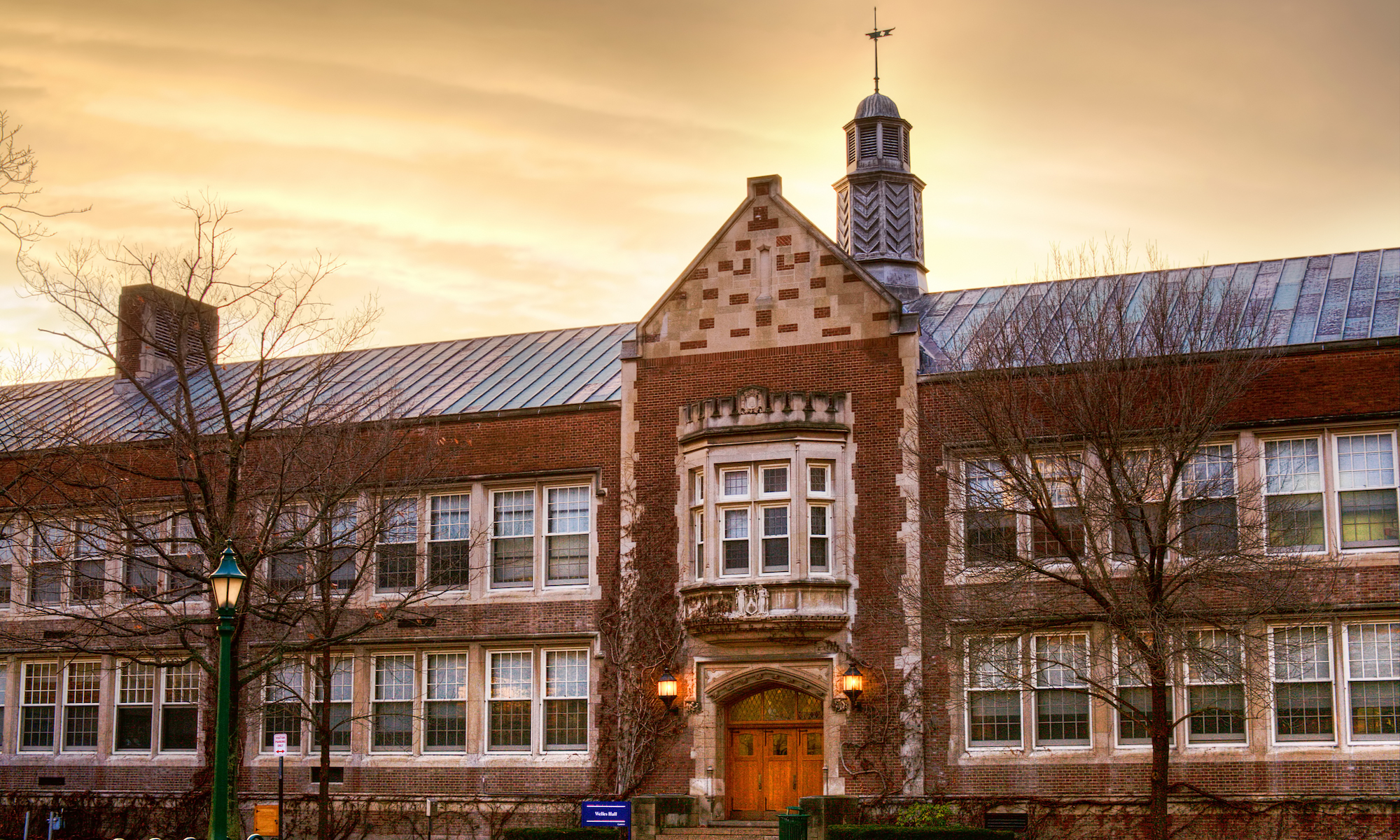 This summer, SUNY Geneseo students can take Western Humanities II within walking distance of Walden Pond, where Henry David Thoreau went to “live deliberately,” an experience that inspired one of the most influential and important works of American literature, Walden.
This summer, SUNY Geneseo students can take Western Humanities II within walking distance of Walden Pond, where Henry David Thoreau went to “live deliberately,” an experience that inspired one of the most influential and important works of American literature, Walden.
Students will read and discuss the works on the Hum II syllabus – Walden included – in an area steeped in the history that those works reflect and, in some cases, helped to bring about.
If you enroll in the course, you’ll live in Concord’s historic Colonial Inn, which British soldiers and American minutemen passed in order to exchange “the shot heard round the world” just a few hundred yards away. (The Inn has been featured, more recently, on SyFy’s “Ghost Hunters” television show: stay away from room 24!) You’ll be able to walk from your own room, haunted or not, to the Concord battle site, but also to places connected to 19th-century controversies over women’s rights and African-American slavery. Besides Thoreau, authors Ralph Waldo Emerson, Nathaniel Hawthorne, Margaret Fuller and Louisa May Alcott lived and worked in Concord.
Classes will be held in a variety of locations in the area, including the house where Thoreau was born, the Thoreau Institute at the Walden Woods Project in Concord, and, of course, outdoors at the pond itself.
There will be field trips to downtown Boston, where colonial revolutionaries took actions derived from the words of John Locke’s Second Treatise of Government; and to the National Historical Park in Lowell, Massachusetts, to see examples of the factory system that provoked intellectuals like Karl Marx because of its dehumanizing features.
Concord is a commuter-rail stop in the Massachusetts Bay Transportation Authority system, which means that the Freedom Trail and the Boston Commons, the Museum of Fine Arts, the New England Aquarium and Fenway Park, fabulous restaurants and splendid musical performances – all the cultural and recreational offerings of one of America’s great cities – are just a half-hour away.
This new course is part of SUNY Geneseo’s continuing connection to the work and legacy of Walter Harding, pioneering Thoreau scholar and Geneseo English department faculty member from 1956 to 1982.




